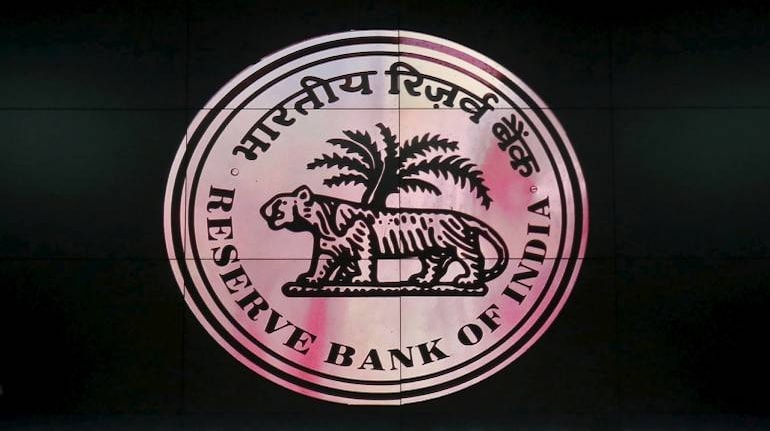



The rupee's fall to a lifetime low of 69.09 to a dollar on Thursday was not unexpected, as argued in this column previously. What's worse, the fall has increased the chances of a rate hike by the Reserve Bank of India when its monetary policy panel meets in August.
A weaker rupee and rising crude prices could lead to imported inflation and make the case for the central bank to be more cautious.
The local currency has fallen 8% versus the US dollar so far this year. Economists from DBS Bank and Barclays expect it to breach the 70 to a dollar mark. Sure, the rupee is the not the only currency that is falling. The depreciation is part of a wave of selling in emerging market currencies. China is letting the yuan fall against the US dollar as it seeks leverage in the trade war with US, putting further pressure on emerging market currencies.
India is more vulnerable than some others owing to its so-called twin deficits: a current account deficit and a fiscal deficit, both of which need financing. In the past few years, this has been easy with huge foreign portfolio investments in both equities and bonds. Now the situation has changed as global financial conditions tighten. Since the start of this financial year, foreign investors have pulled almost $9 billion from Indian markets.
That the RBI is increasingly concerned about these outflows can be gauged from governor Urjit Patel writing an op-ed in the Financial Times warning of drying dollar funding for emerging markets putting a “sudden stop” to the global economic recovery.
India’s vulnerability is also underscored by its dependence on imports for oil. Last week’s meeting of oil producers hasn't done much to cool down prices. Indeed, the US’ demand that other nations stop importing crude oil from Iran (on which it has imposed sanctions) has pushed up oil prices.
A falling rupee and rising crude could exacerbate risks to inflation. Already, core inflation (which does not take into account volatile food and fuel inflation) has crossed 6%. Throw in an increase to minimum support prices and an increasingly truant monsoon, it is unlikely that inflationary expectations will come down. Thus, while the RBI has maintained a neutral stance in monetary policy, the data flow points to increasing chances of another round of hikes as early as August.
Discover the latest Business News, Sensex, and Nifty updates. Obtain Personal Finance insights, tax queries, and expert opinions on Moneycontrol or download the Moneycontrol App to stay updated!
Find the best of Al News in one place, specially curated for you every weekend.
Stay on top of the latest tech trends and biggest startup news.